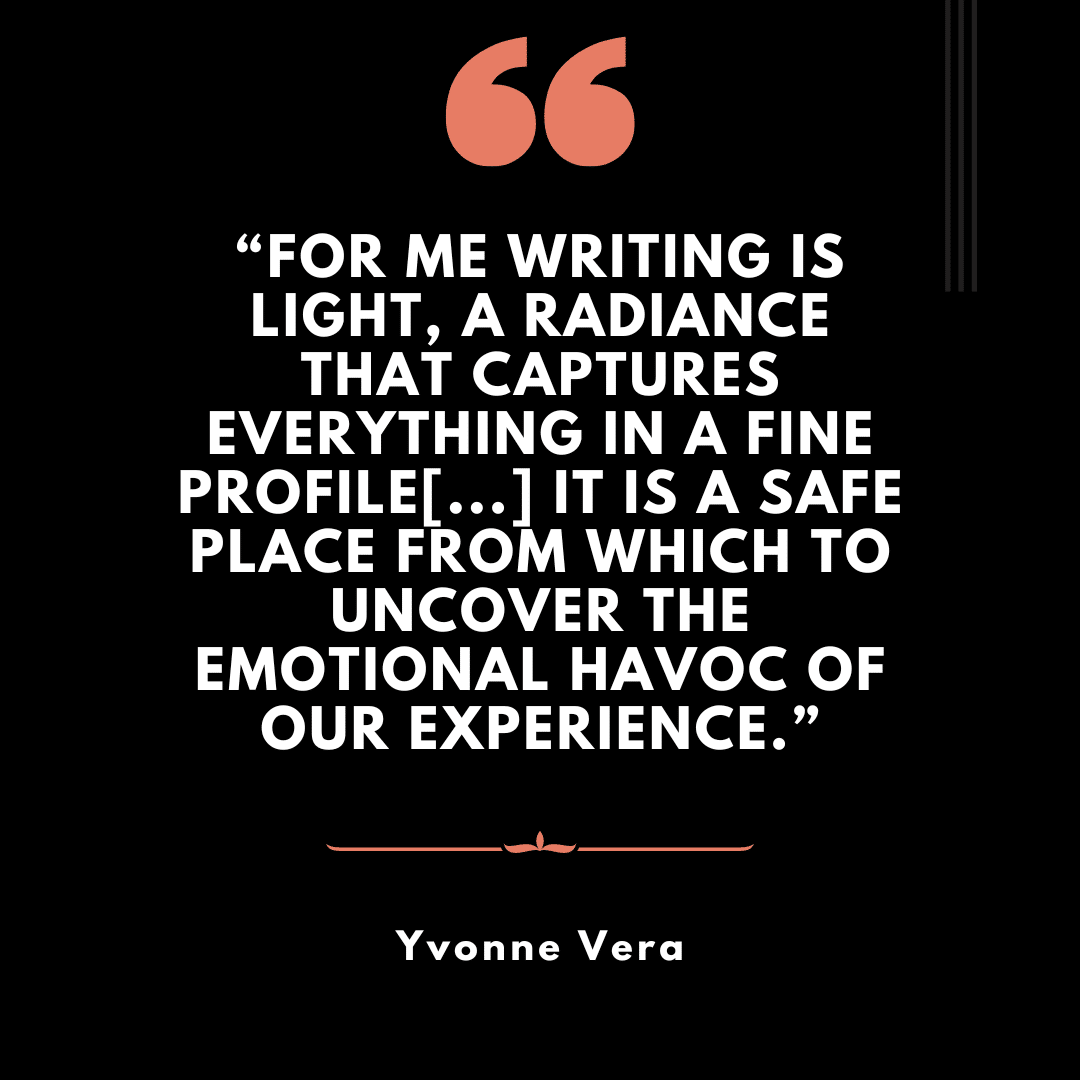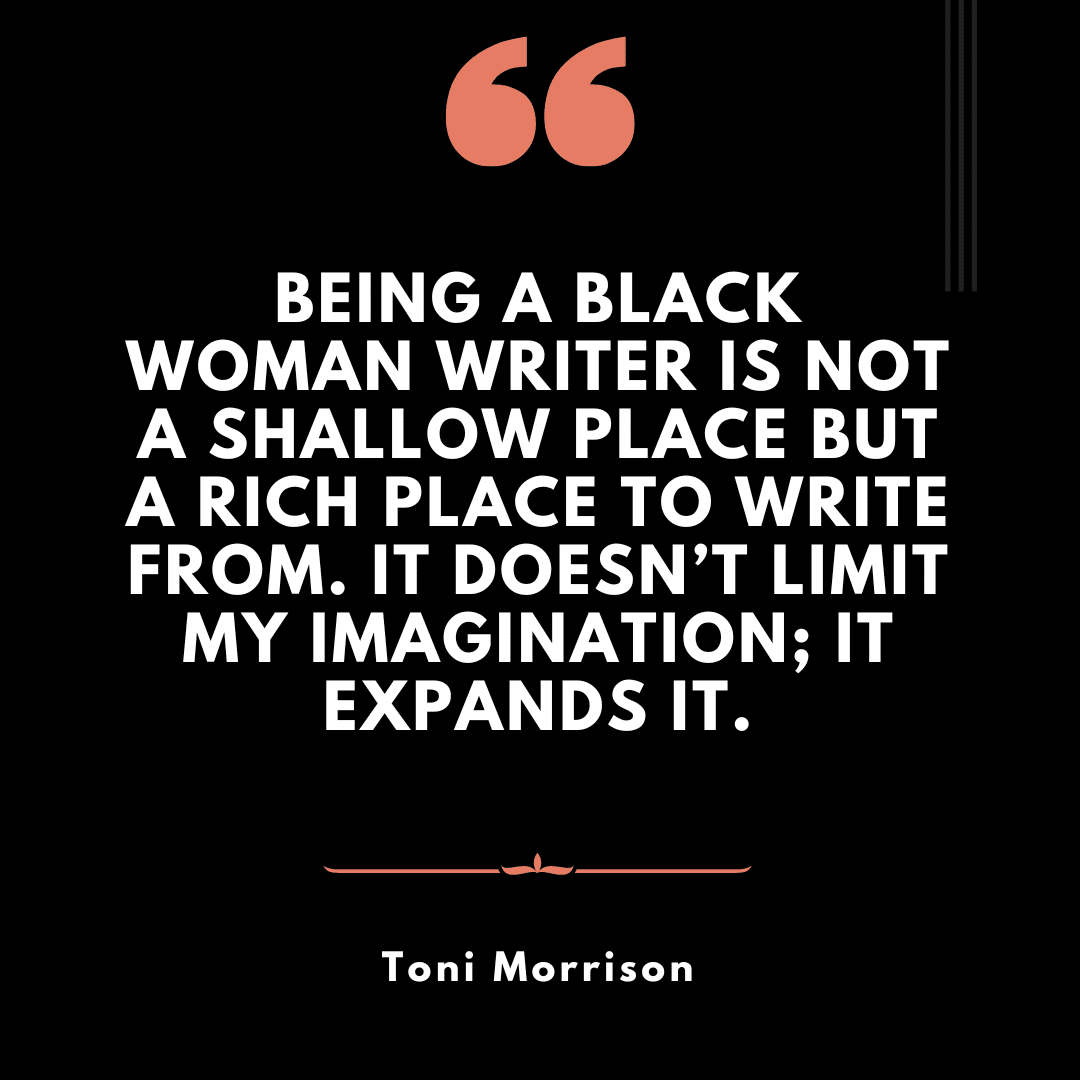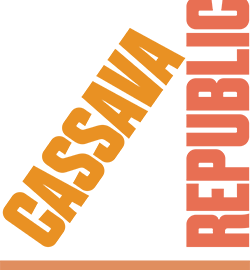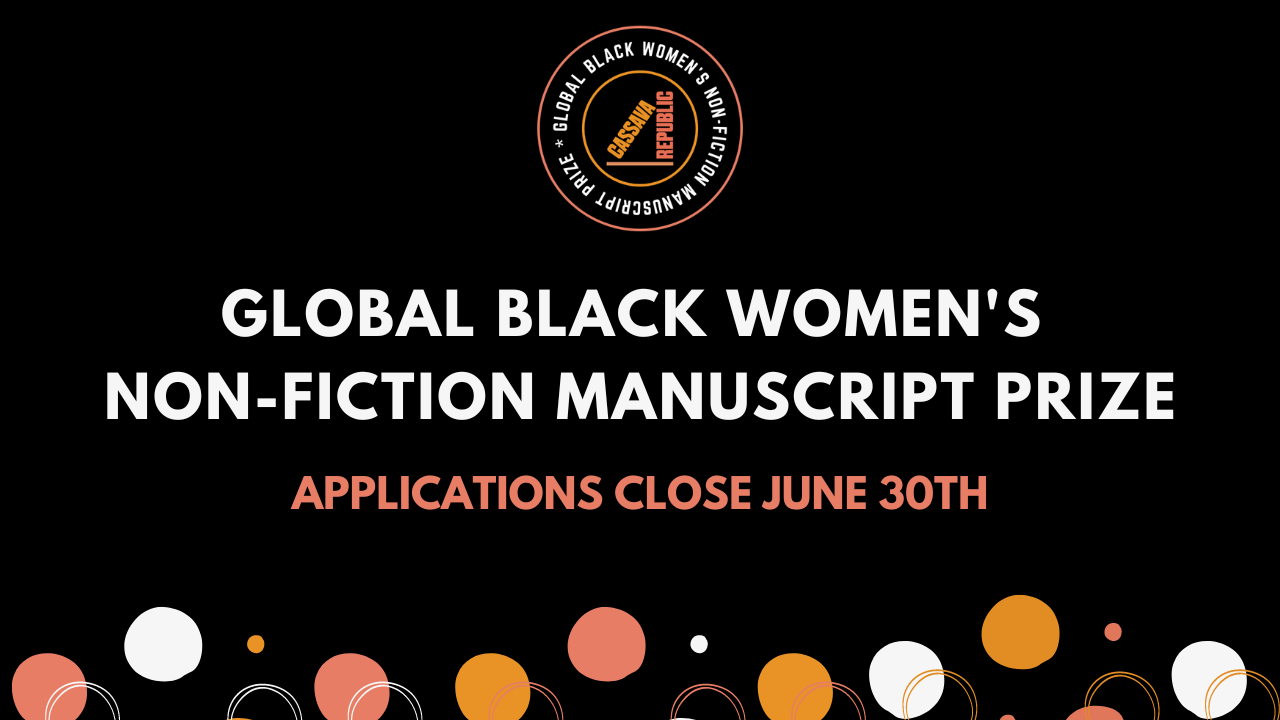As part of its mission as a global Black publishing house connecting Africa and the African diaspora, Cassava Republic Press’s is proud to announce the launch of our inaugural $20,000 Global Black Women’s Non-Fiction Manuscript Prize dedicated to exceptional works by Black women (cis, trans and genderqueer). The prize represents a first in the world of Black women’s letters, not only by virtue of its global scope, but also its non-fiction focus, and its generous prize value. Our mission is to publish emerging and established Black women writers and thinkers from across the world, focusing on critical ideas across time and space.
At the heart of this prize lies a deep commitment to amplifying the long tradition of Black women writers as knowledge-makers and critical thinkers. We take seriously Black South African feminist scholar and writer Desiree Lewis’ observation that ‘publishers have tended to focus on black women’s fictional and autobiographical writing, or on poetry. This tends to be symptomatic of a publishing and reading/marketing stereotype about black women in the public sphere being “interesting” mainly as entertainers, storytellers, or so-called “creatives,” rather than as knowledge-makers and critical thinkers.’
'We take immense pride in launching the Global Black Women’s Non-Fiction Manuscript Prize as we take steps to addressing a long-overlooked gap in the literary world. The prize builds on the long tradition of Black women writers as theorists and intellectuals, and provide a platform for a range of writers from Africa and the Afro-diaspora to follow in the footsteps of luminaries such as Anna Julia Cooper, Amy Jacques Garvey, Claudia Jones, Noni Jabavu, Audre Lorde, Ellen Khuzwayo, May Ayim, Toni Morrison and bell hooks, who have come before.'
Bibi Bakare-Yusuf, Publishing Director, Cassava Republic Press
The Prize
The winner of the Global Black Women’s Non-Fiction Manuscript Prize will receive a $20,000 advance and a publishing contract with Cassava Republic Press.
Two runner-up writers will each receive a $5000 advance and publication by Cassava Republic Press bringing the total prize value up to $30,000.
The Judges
The judges for the prize are: the celebrated, award-winning author, academic and Booker Prize recipient, Bernardine Evaristo as Chair of judges, and joining her are: Sylvia Tamale, a prominent Ugandan feminist, legal scholar, and human rights activist; Natalie Baszile, distinguished African-American author and film-maker; Carole Boyce Davies, renowned Caribbean-American feminist, professor and literary scholar; and acclaimed Zimbabwean-South African essayist, novelist, and scholar, Panashe Chigumadzi.
Their combined experience and expertise in literature and knowledge-making underscore a deliberate commitment to recognising the diverse voices and contributions of Black women writers, marking a crucial step in addressing the historical underrepresentation – particularly in the non-fiction sphere. You can read more here.
“This is a groundbreaking prize which will support, champion and elevate the writings of Black women who are interested in expanding the universe of ideas, the imagination and critical thinking, and I am overjoyed to be chairing such an illustrious panel of leading intellectuals.”
Bernardine Evaristo, Judging Chair
Our Sponsors
The manuscript prize is made possible by the generous support of Alitheia Capital, Africa’s largest woman-owned impact investing private equity firm, and the Open Society Foundation Africa
Applications Now Open
What We Are Looking For
We are looking to publish and champion Black women writers who bridge the gap between “creativity” and “theory” with work that is both rigorous and beautiful, creative and thoughtful.
We are not an academic publisher, but welcome submissions from academics writing for a mainstream audience. Our goal is to amplify and unearth the critical ideas that might otherwise remain unpublished or confined to academic circles or smaller audiences. Importantly, in seeking creative critical writing and knowledge-making for a broad audience, we welcome writing that will challenge and excite our readers.
We do not accept straightforward memoirs, but manuscripts that incorporate theory with personal essays/experiences within a broader context are welcome.



How to Apply
Apply via our Submittable link below.
We are asking for 3-5 sample chapters and a pitch letter, which should include a synopsis and a full outline of all chapters.
Longlisted authors will then be given a week to submit full manuscripts.
Applications close at 23:59GMT on June 30th 2024.
FAQs
You can find guidelines on what to include in a pitch letter HERE.
Yes, all longlisted authors will be asked to submit a complete manuscript for the next judging round.
Yes, we accept multiple submissions, with the understanding that only one manuscript per author can be shortlisted.
We do not accept children’s or YA non-fiction manuscripts.
Yes, we accept agented submissions as long as the author has not previously been published.
Yes, on the understanding that you will immediately withdraw from the prize if your manuscript wins elsewhere. Similarly, we ask that you withdraw from any other competitions if you win this prize.
Yes, we accept agented submissions as long as the manuscript is has not previously been published.
Yes, we periodically open our submissions for manuscripts in a wide range of genres at different points throughout the year. For the latest information and guidance, visit cassavarepublic.biz/submissions/
Unfortunately due to time restraints, only shortlisted manuscripts will receive feedback.
We accept submissions from writers who identify as women or as non-binary. trans, gender queer and not opposed to the term woman.
The prize is open to women whose ancestry traces back to Africa or the Afro-diaspora including those of mixed-race African heritage.
Eligibility
Recommended Reading




